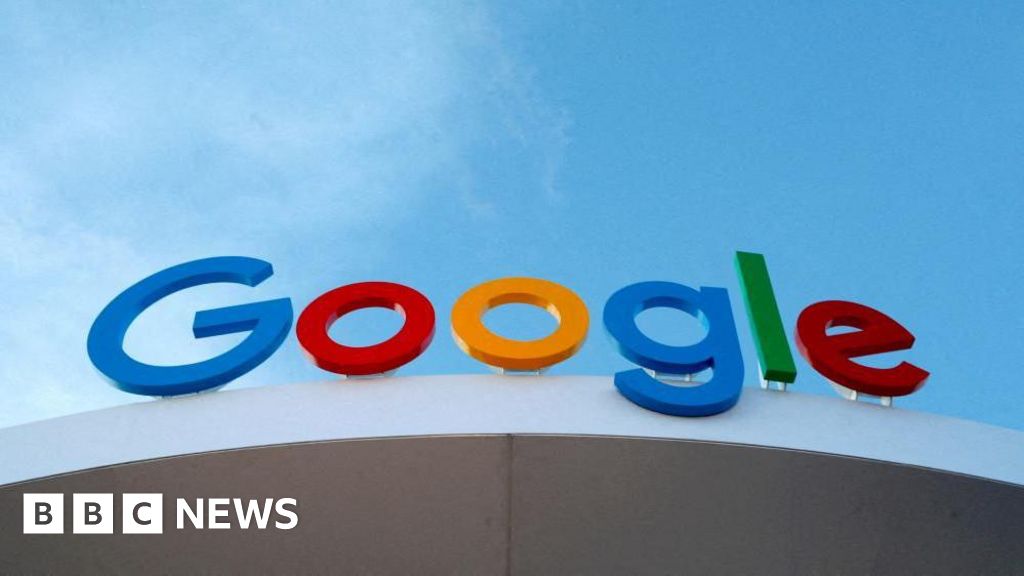fromFast Company
2 hours agoYahoo claps back on AI search engines with Yahoo Scout
Yahoo may not be the most headlined company in tech anymore, but its reach can't be denied. With nearly 250 million monthly users across the country and 700 million globally, it's still the second most popular email client in the world, and the third most popular search engine in the U.S. (even though that search engine has technically been powered by either Bing or Google since 2009).
Tech industry















